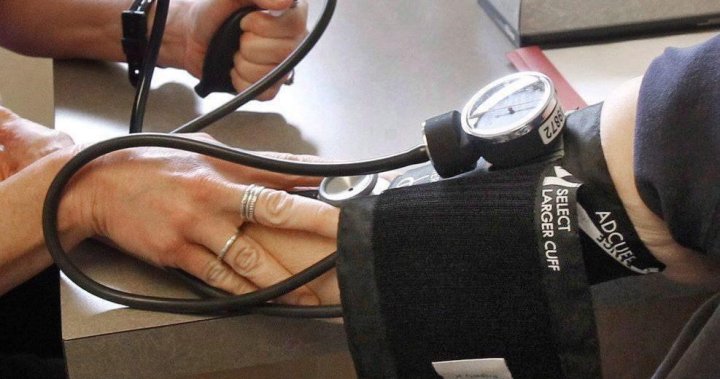The abrupt closure of the Statcare clinic in Montreal’s West Island on December 31, 2024, sparked anxiety among its 18,000 registered patients, particularly during the holiday season. This closure left a significant gap in healthcare access for those who relied on Statcare for minor emergencies, family medicine, gynecology, and other medical services. Operating seven days a week and situated conveniently next to the Lakeshore General Hospital, Statcare played a vital role in the local healthcare landscape. The sudden shutdown raised concerns about the availability of timely medical care in the area, forcing residents to scramble for alternative options. The closure was a jarring disruption during an already busy and often stressful time of year.
Fortunately, a solution emerged quickly to alleviate the concerns of the affected patients. The Brunswick Medical Centre, located a mere three kilometers from the former Statcare clinic, announced its willingness to absorb the displaced patients. This announcement came as a welcome relief, minimizing the disruption to healthcare access and providing continuity of care for those who had relied on Statcare. The proximity of the Brunswick Medical Centre to the former Statcare location further eased the transition, minimizing travel inconvenience for patients. This quick response helped to quell the anxieties of residents and ensured that they could still access necessary medical services.
To accommodate the influx of new patients from Statcare, the Brunswick Medical Centre has bolstered its staff by adding twelve physicians to its walk-in clinic. This significant increase in medical personnel demonstrates the centre’s commitment to meeting the increased demand and ensuring that wait times remain manageable. The addition of these physicians underscores the centre’s dedication to providing quality care to all its patients, both new and existing. This proactive approach to staffing ensures that the Brunswick Medical Centre can effectively handle the increased patient volume without compromising the quality or timeliness of care.
The closure of Statcare stemmed from the financial struggles of its parent company, ELNA Medical Group. ELNA, which operates 49 clinics across Quebec and boasts of being the largest network of medical clinics and diagnostic laboratories in Canada, filed for creditor protection at the end of 2024. Quebec Superior Court granted ELNA’s request for creditor protection and also approved a plan to explore potential buyers for the company. This financial instability raised significant concerns about the future of ELNA and its network of clinics, leaving patients and employees uncertain about the long-term implications.
The creditor protection filing by ELNA Medical Group highlighted broader concerns about the financial health of private healthcare providers in the province. The situation underscored the potential vulnerabilities of a system reliant on private entities for essential healthcare services. ELNA’s financial difficulties sparked discussions about the sustainability of the current model and the potential need for greater government oversight or alternative approaches to ensure the stability and accessibility of healthcare services. The case of ELNA served as a cautionary tale, prompting a broader conversation about the future of healthcare delivery in Quebec.
The closure of the Statcare clinic and the subsequent absorption of its patients by the Brunswick Medical Centre unfolded rapidly, creating a period of uncertainty followed by a relatively swift resolution. While the transition has been managed effectively, the situation underscores the importance of robust healthcare infrastructure and the need for contingency plans to address unexpected disruptions. The events surrounding Statcare’s closure also highlighted the interconnectedness of healthcare providers within a region and the crucial role of collaboration in ensuring continuous access to care. The experience serves as a valuable lesson in the importance of preparedness and adaptability in the face of unforeseen challenges within the healthcare system.

